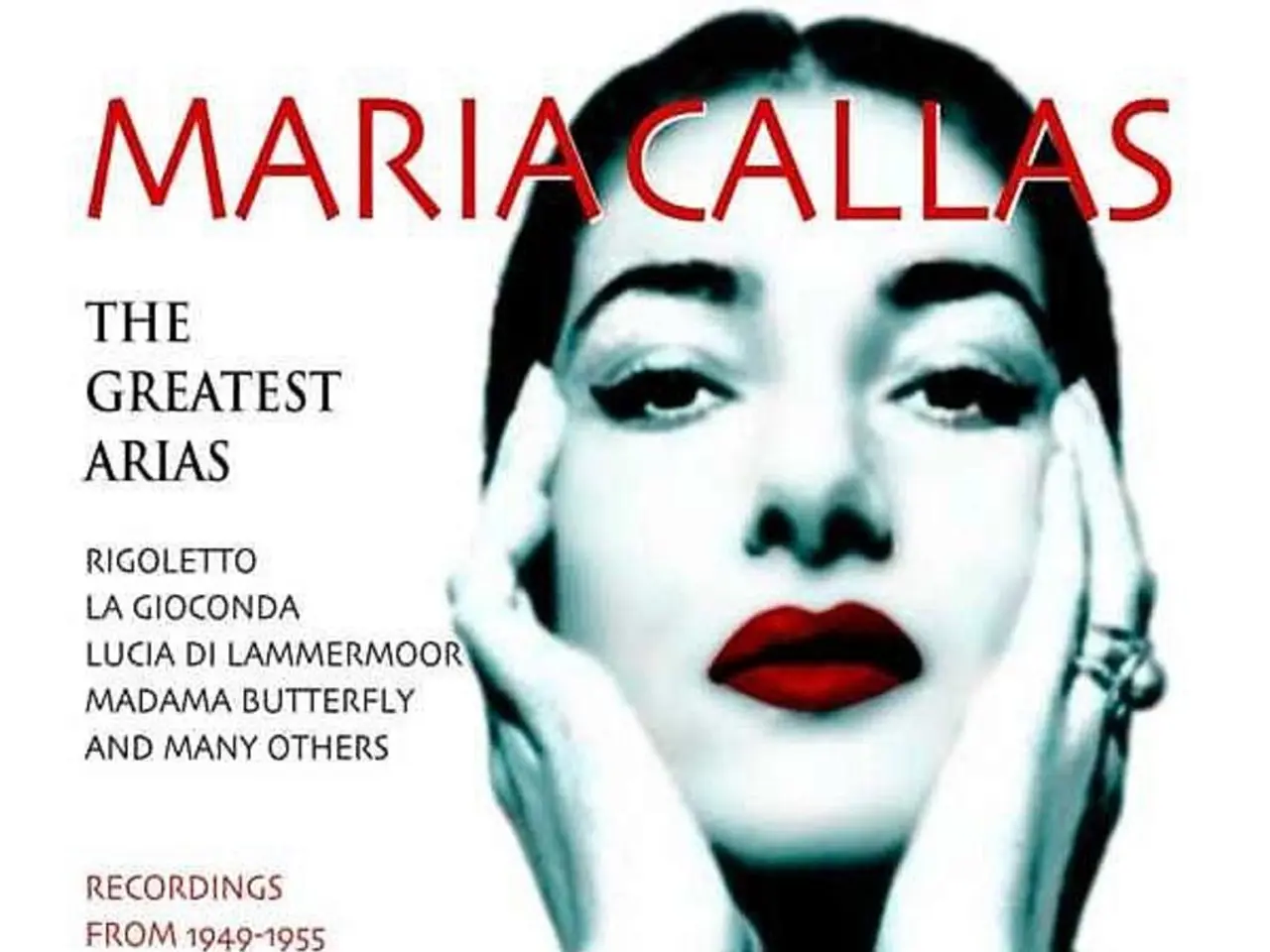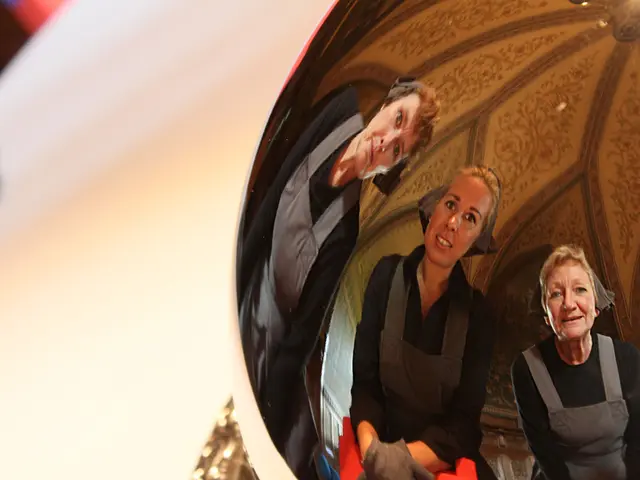Exploring Femininity as Captured by Sofia Coppola
Sofia Coppola, a prominent figure in Hollywood and the film industry, has made a significant mark with her unique portrayal of womanhood. Her films offer nuanced, often introspective female perspectives that challenge traditional cinematic objectification and explore themes of isolation, identity, and societal expectations across different contexts.
In her 2003 film, Lost in Translation, Coppola subverts the typical male gaze by presenting the female lead, Charlotte, in moments of quiet solitude that "de-sexualize her appearance" and resist conventional voyeuristic spectacle. This approach invites viewers to consider the weight of female subjectivity and presence beyond objectification, highlighting the character's interiority and detachment in a foreign culture.
Marie Antoinette (2006) offers a revisionist, personal take on the 18th-century queen. Coppola emphasizes sensory and emotional experience through elaborate visuals and anachronistic elements like an '80s soundtrack, which contemporizes Marie's struggles with youthful isolation and the pressures of royal womanhood. This portrayal underscores the tension between external spectacle and internal vulnerability.
In The Virgin Suicides (1999), Coppola explores adolescent female experience and tragic adolescence from a melancholic, dreamlike perspective. The film foregrounds the enigmatic, constrained lives of the Lisbon sisters, emphasizing themes of societal control over young women and the mystique of feminine adolescence.
The Bling Ring (2013) shifts focus to contemporary youth and materialistic culture, portraying young women entangled in celebrity obsession and consumerism. The depiction of womanhood here critiques the pursuit of status and identity through superficial means, blending fascination with critique of celebrity culture as a defining influence on young women's self-perception.
Coppola's films, despite criticism for primarily focusing on white narratives, maintain her unique ability to tap into the universal essence of womanhood. Her portrayals invite audiences to engage with the complexities and contradictions of the female experience, prompting reflection, empathy, and understanding.
The Beguiled (2017), directed by Coppola, tells a civil war story with an all-white cast, despite the source material including two black female characters. This decision sparked conversation about representation in film and Coppola's approach to storytelling.
Kirsten Dunst plays Marie Antoinette in the film Marie Antoinette. The film is a coming-of-age story that explores the restrictive roles imposed upon young women by society and the tension between conformity and individuality. Each Lisbon sister in The Virgin Suicides grapples with her own internal struggles, such as Cecilia's existential despair, Lux's longing for connection and freedom, or Bonnie's desire for escape from her physical limitations.
In each of her films, Coppola's portrayal of womanhood is marked by a contemplative style that often avoids explicit drama or didacticism. Her films feature young women who are simultaneously subjects of their own narratives and reflections on cultural and societal frameworks shaping female identity. She challenges traditional cinematic sexualization by presenting female characters with depth, emphasizing mood, atmosphere, and emotional nuance over action or overt commentary, aligning with feminist critiques of the gaze while exploring loneliness, youth, and the search for selfhood in different social milieus.
Read also:
- Urban Tales: Winged Hedgehogs and Gridiron Mascots Highlight Our Legendary Series on TGC+!
- Love, Work, and Friendship Harmonies between Aries Signs
- Jenna Ortega mastered Bach's cello suites for the popular Netflix program, 'Wednesday'
- Black Female Politician Diane Abbott Faces Harsher Criticism and Increased Scrutiny Due to Her Race and Gender








